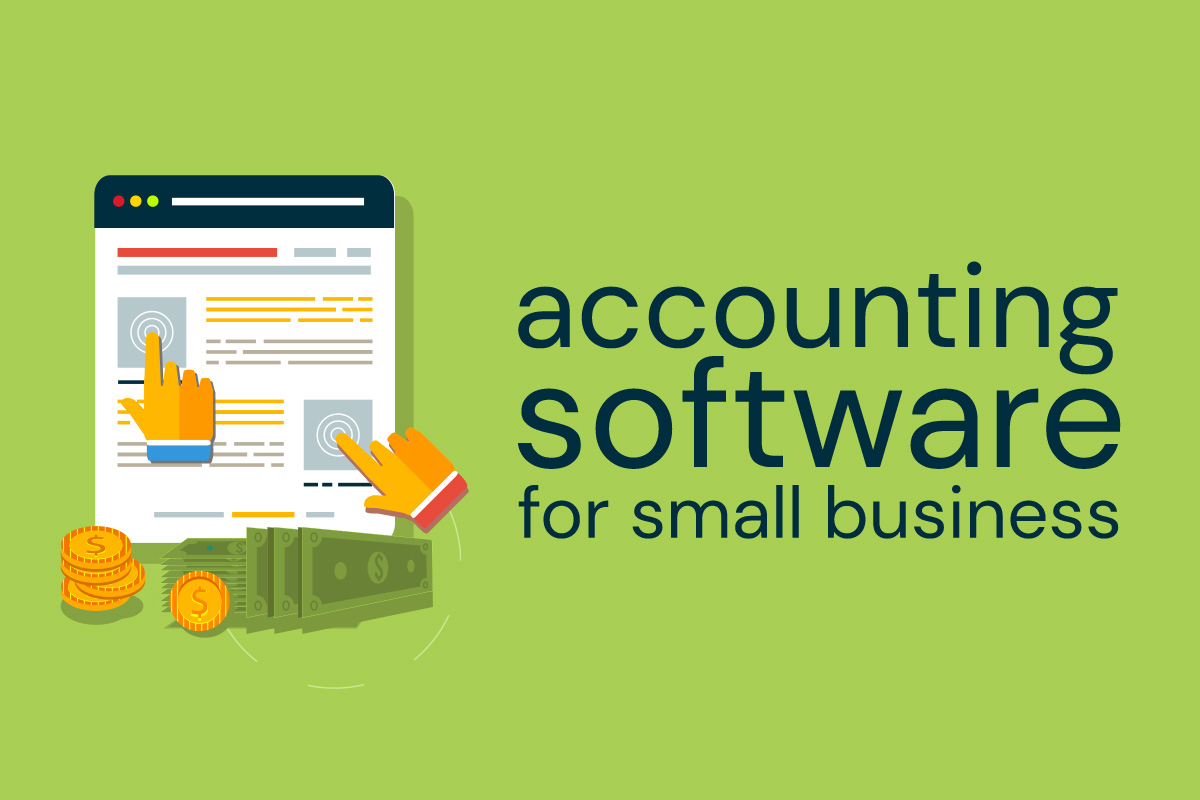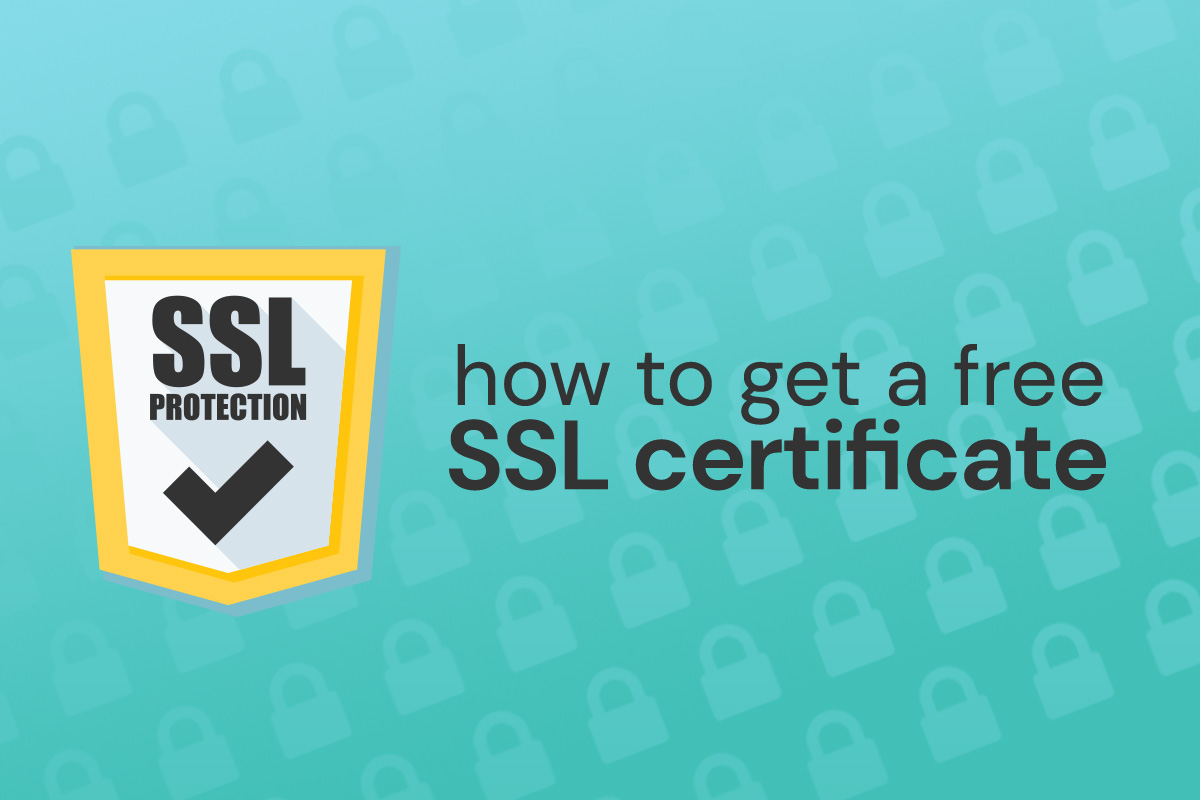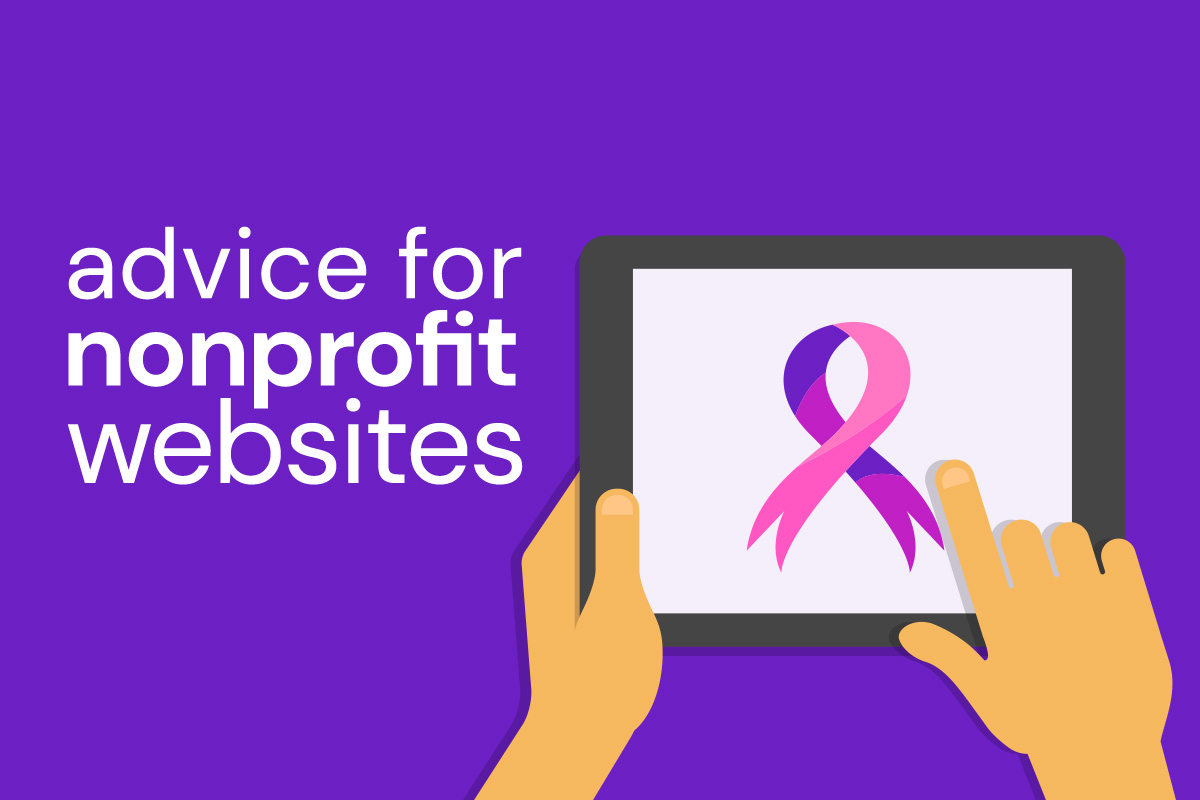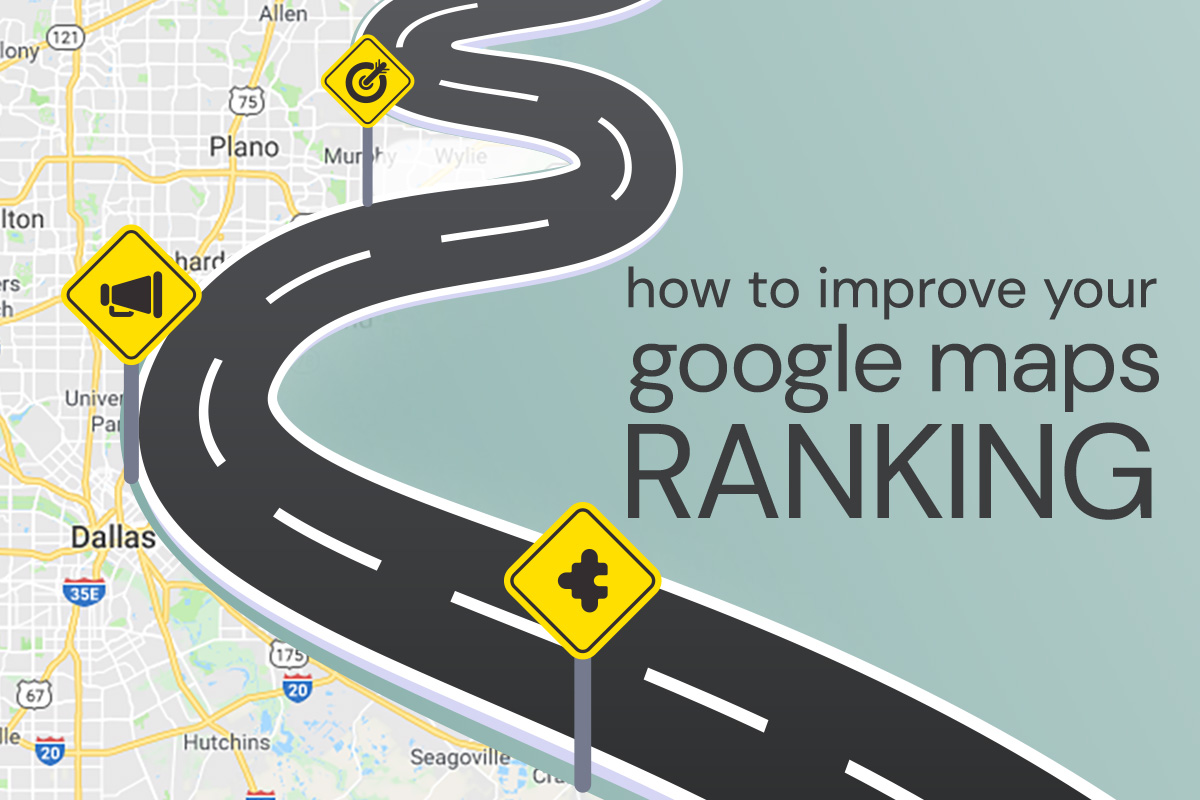Like us, most of our clients are small- to medium-sized businesses. While their industries vary from restaurants to hair salons to therapists, we all have one business function in common: accounting. For many years, the gold standard has been QuickBooks. We use and recommend Quickbooks ourselves, but it’s not necessarily the best accounting solution for every small business.
QuickBooks Online – the Tried and True Accounting Software
One of the top reasons why we’ve stuck with QuickBooks over the years is that it offers the best intersection between price and breadth of features. The least expensive plan is $9.99 per month for a single user, and it has all the most important elements:
- financial reporting
- the ability to download bank and credit card transactions
- tracking of income and expenses
- automatic data backups
- quarterly and year-end tax preparation and filing
Historically, QuickBooks wasn’t the easiest application to operate, but in recent years, QuickBooks Online has become more intuitive. The dashboard is periodically redesigned to be more efficient, and right now its functionality should bear a strong resemblance to other websites you use.
One benefit of QuickBooks that can’t be overlooked—most accountants use QuickBooks. If you ever want an accountant to take over that part of your business, your finances are ready to go.
The downside to QuickBooks Online? The mobile app is fairly basic and limited. If you’re doing most of your work on a mobile device, then you may want to choose another accounting product.
Wave – a Free Accounting Solution
If your business is really small or just starting out, you might not find value in a full-featured accounting tool like QuickBooks. In that case, Wave is one of the best free accounting applications we’ve seen. It’s easy to sign up for a Wave account, and once you do, you have access to a dashboard that shows your transactions, invoices, bills, receipts, and reports. Wave lets you create invoices, track your finances, and perform other accounting tasks quickly. We like that you can set up recurring bills and invoices, as well as reminders to keep track of unpaid invoices. Like QuickBooks Online, Wave does synchronize with your bank account information, and it does have a nice variety of reports available.
The downside: Wave does offer a knowledgebase, community forums, an FAQ, and training videos… but unlike QuickBooks Online, it doesn’t offer free tech support. It also doesn’t offer payroll management in the free version. If you need payroll services, you’ll need to upgrade to their $15 per month plan to use their proprietary payroll tools. And of course—with the free version—you’ll be seeing ads.
Xero – a Minimalist’s Accounting Solution
If you’re a Mac user, you tend to get the shaft from accounting software. The applications tend to be stripped down and clunky. Xero is different, though. While it’s available for both PC and Mac, it is just as full featured on both platforms and looks great. Their slogan is “Beautiful accounting software,” and it’s true.
While we do have issues with the cost of Xero at $30-$70 for their premium plans, it is different from other accounting software because it doesn’t charge for extra users or ‘seats.’ If you have a larger accounting team, Xero might end up being more affordable than QuickBooks Online.
The downside: Xero is definitely one of the more expensive options among these picks. The starter plan is $9, but it only allows you to send 5 invoices per month and pay 5 bills per month. The standard and premium plans are $30 and $70 per month. They will let you do pretty much everything you need your accounting software to do, and the data is interchangeable with QuickBooks.
FreshBooks – Easy to Use But Limited
While the creators of FreshBooks bill it (get it?) as accounting software, it really isn’t. We’re mentioning it here because it’s so popular and incredibly easy to use, but it really isn’t an exact replacement for QuickBooks Online. While FreshBooks and all of the accounting applications above offer an invoicing feature, there are typical features that are missing from FreshBooks:
- Double-entry accounting
- Accounts payable (keeps track of money owed to vendors for items purchased on credit)
- Job costing (tracking profit versus loss for individual projects)
- Bank reconciliation with time-saving features like auto-categorization
- Inventory tracking
As you can see, most small businesses will outgrow FreshBooks pretty quickly.
The downside: FreshBooks’ “Lite” plan is $15 per month, and lets you bill up to 5 clients, which is a bit too limiting for most small businesses. The next plan is the “Plus” plan, running $25 per month and accommodating 50 clients. For whatever reason, the FreshBooks app can’t handle reports natively (though there are more than 20 types of reports available).
While FreshBooks might not offer enough features to make it workable for your small business, there are also accounting solutions that offer MORE features. One of these is 17 Hats, which calls itself a “Solopreneur” application. Above and beyond some of the features that it offers for accounting, it also helps you deal with contracts, to do lists, workflow, email synchronization, and lead capture. The landscape of these business applications can be overwhelming, so if you need advice… contact us! We’ve seen it all and we’re happy to help with straightforward advice.






